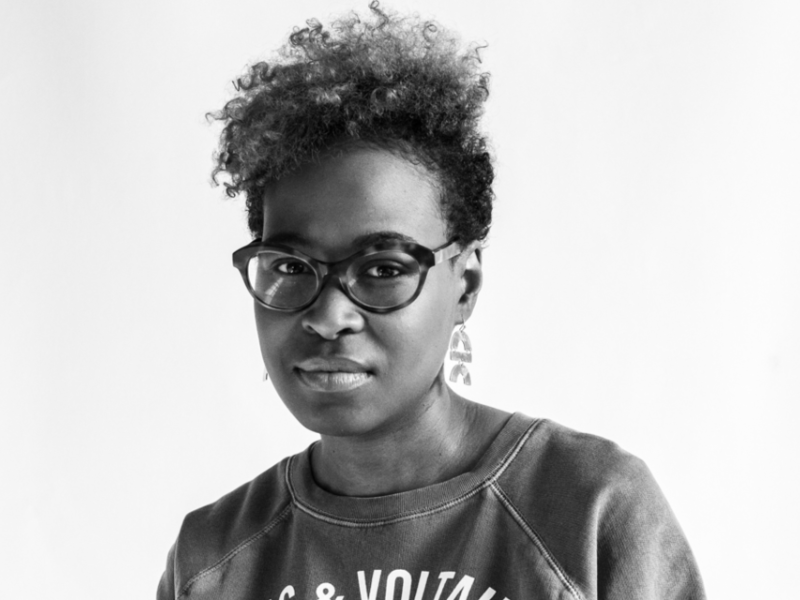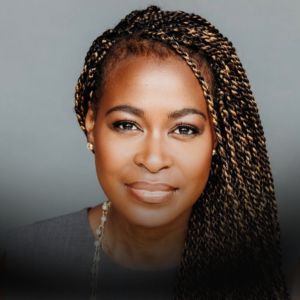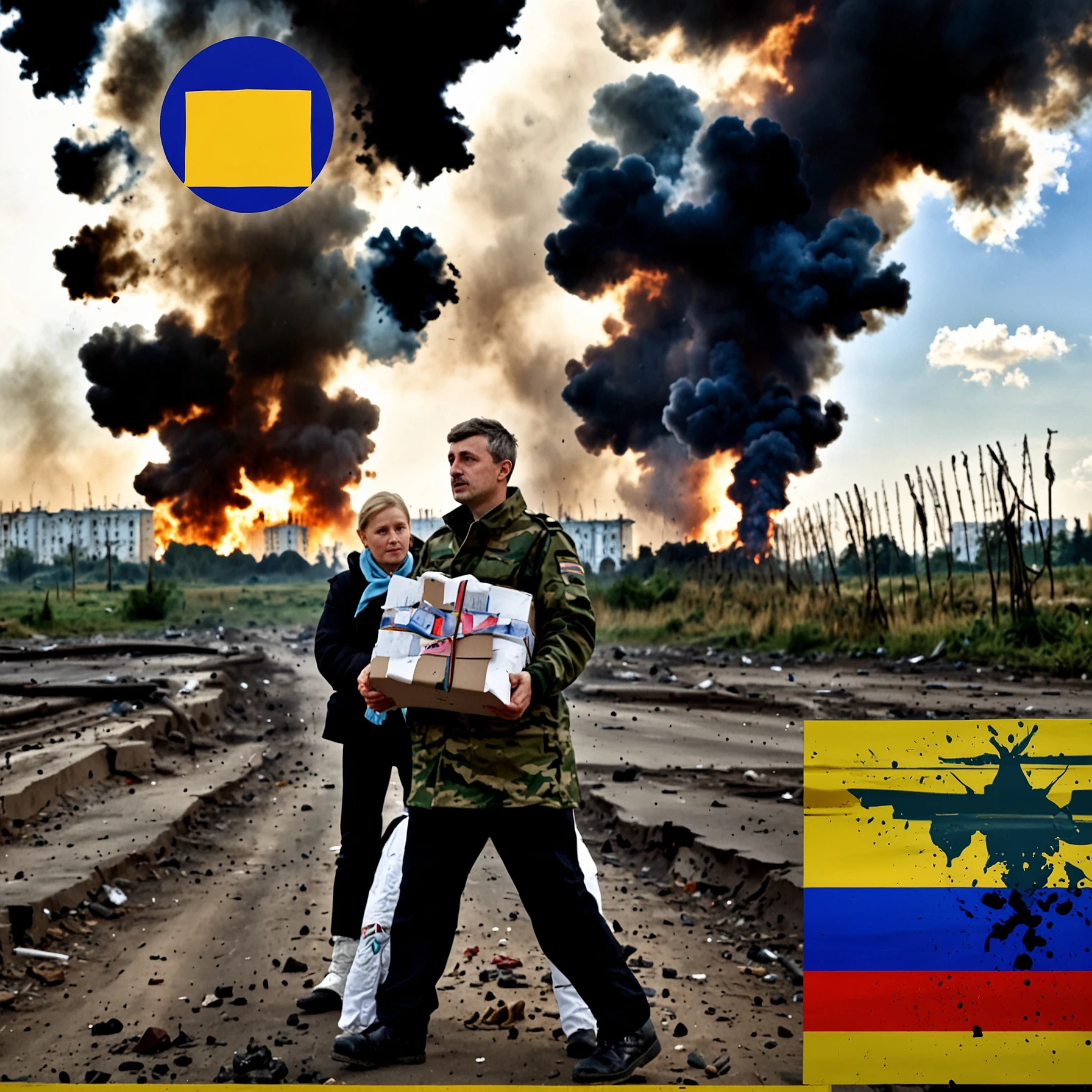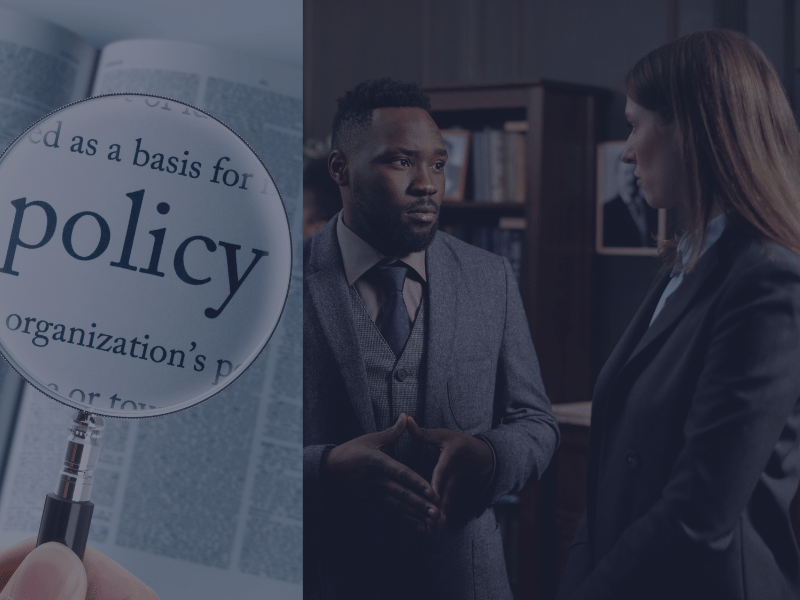Errin Haines: Where Truth Meets Equity in Journalism
Errin Haines is reshaping the boundaries of modern journalism—bringing clarity, conscience, and a critical lens to the stories that define our democracy. As one of the nation’s leading journalists covering race, politics, and gender, she has become a trusted voice for a generation demanding equity, truth, and representation in media.
Haines is the Founding Mother and Editor-at-Large of The 19th, a groundbreaking nonprofit newsroom focused on empowering women—particularly women of color—with the information, insight, and accountability reporting they need to fully participate in civic life. Under her editorial vision, The 19th has become a bold counter-narrative to mainstream political reporting, centering the voices most often excluded from public discourse.
Prior to launching The 19th, Haines spent more than a decade at the Associated Press, where she was a national writer on race and politics. Her bylines also appear in The Washington Post, The New York Times, and The Los Angeles Times, and she has become a regular face on MSNBC and NPR, bringing an essential voice to the national conversation.
But what distinguishes Errin Haines is not just where she writes—it’s how she writes. With sharp analysis and an unapologetic lens on justice, Haines covers stories others often overlook. Whether she’s breaking down the racial dynamics of an election, chronicling the history of voter suppression, or profiling trailblazing Black women in leadership, she brings both journalistic rigor and moral clarity.
Her work doesn’t just inform—it educates, agitates, and activates.
Errin is also a teacher at heart. She is a frequent speaker and mentor, encouraging the next generation of journalists—especially young women of color—to claim space and lead with integrity. She believes journalism is not just about telling stories—it’s about telling the whole truth, and doing so in a way that shifts power.
At a time when misinformation is rampant and democracy is under threat, Errin Haines reminds us of journalism’s highest calling: to seek truth, elevate the marginalized, and hold the powerful accountable. She is not only reporting history—she is helping to shape it.








